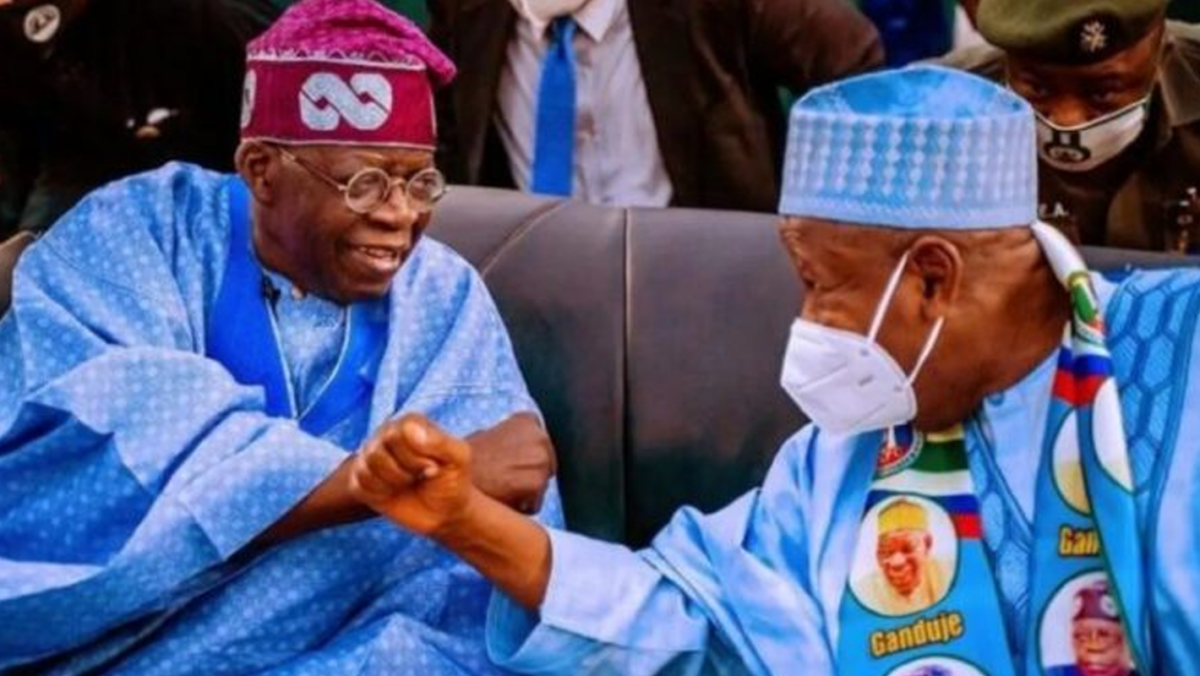The World Bank has approved $300 million for the Solutions for the Internally Displaced and Host Communities Project (SOLID), a major initiative aimed at improving the lives of 7.4 million people affected by displacement in Northern Nigeria.
Announced on August 7, 2025, the project will strengthen resilience, expand access to essential services, and create economic opportunities for Internally Displaced Persons (IDPs) and the communities hosting them.
Addressing Northern Nigeria’s Displacement Crisis
Ongoing conflict and insecurity in Northern Nigeria have forced over 3.5 million people to flee their homes, straining local infrastructure and resources in areas hosting IDPs. This population surge has worsened access to education, healthcare, clean water, and made communities more vulnerable to natural disasters such as flooding.
Competition for scarce resources has deepened tensions, while livelihood opportunities remain limited. Local governments have struggled to meet the needs of both displaced and resident populations.
What the SOLID Project Will Deliver
The SOLID Project will build on past efforts, including the World Bank-supported Multi-Sectoral Crisis Recovery Project (MCRP), which focused on emergency recovery. SOLID takes a longer-term approach, prioritizing:
1. Climate-resilient infrastructure to withstand future shocks.
2. Social cohesion and integration through participatory development planning and economic cooperatives.
3. Livelihood support to help both IDPs and residents start and grow economic activities.
4. Institutional capacity building to better manage demographic shifts caused by forced displacement.
> “This initiative will help Nigeria tackle the development challenges of protracted displacement sustainably,” said Mathew Verghis, World Bank Country Director for Nigeria. “By aligning with the National IDP Policy and Nigeria’s long-term development vision, the project will help communities transition from humanitarian dependence to self-reliance.”
Beneficiaries and Implementation
The SOLID Project is expected to directly benefit up to 1.3 million IDPs and millions more in host communities. Implementation will follow a community-driven, multi-tier governance model involving federal, state, and local authorities, as well as international partners.
> “This operation addresses urgent infrastructure gaps and service delivery challenges in host communities,” said Fuad Malkawi and Christopher Johnson, SOLID’s Task Team Leaders. “It will also provide targeted livelihood support for sustainable economic growth.”
By bridging the gap between emergency relief and long-term development, the SOLID Project aims to help Northern Nigeria move toward stability, resilience, and inclusive growth.




